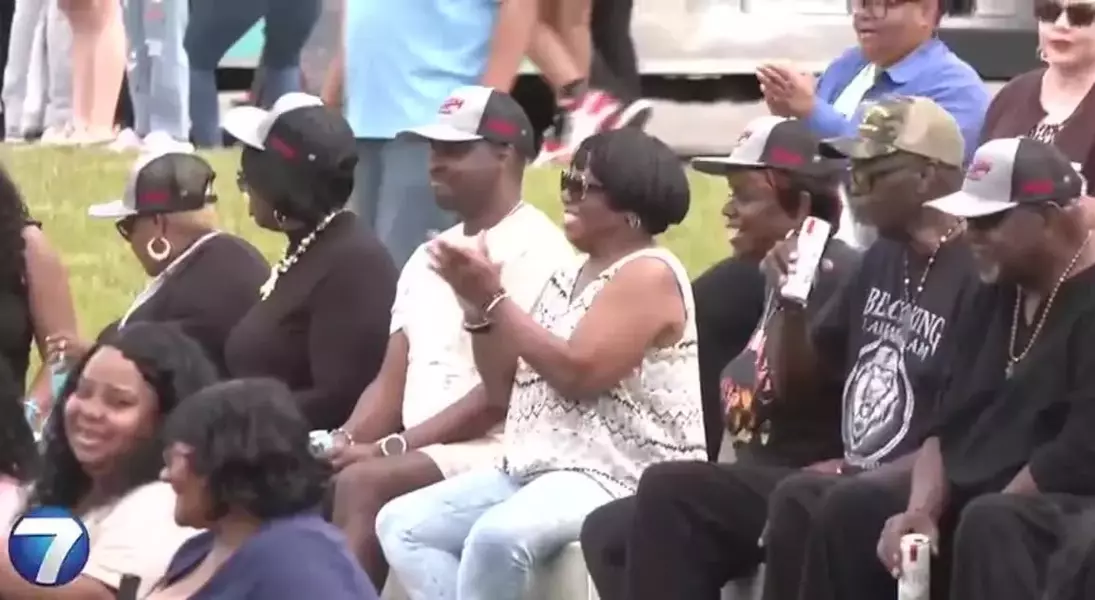
A community in Huber Heights recently came together to celebrate Juneteenth through a lively music festival, organized by the Cultural Diversity Citizens Action Commission. This annual event fosters inclusivity, bringing diverse groups of people together regardless of their backgrounds. Featuring live music, food vendors, retail booths, and children’s activities, it provided an engaging atmosphere where families could enjoy themselves while honoring cultural heritage. Additionally, this year's gathering on Father’s Day included special recognition for father figures with complimentary hats. The festival serves as a platform to initiate meaningful dialogues about unity, equality, and shared values.
Juneteenth commemorates the historic moment in 1865 when enslaved individuals in Galveston, Texas, were finally informed of their freedom—two years after the Emancipation Proclamation was issued. Through such celebrations, communities reflect on historical injustices and strive toward fostering mutual understanding and progress.
Fostering Inclusivity Through Community Celebration
This year marked the fourth anniversary of the music festival hosted by the Cultural Diversity Citizens Action Commission, drawing participants from various backgrounds. The event featured an array of attractions including delicious cuisine, retail offerings, and entertainment options designed specifically for kids like bounce houses and bookmobiles. These elements combined to create a welcoming space where attendees celebrated not only Juneteenth but also the diversity that enriches their society.
The significance of this gathering extends beyond mere festivity; it aims to build bridges between different cultures within the community. By inviting everyone to partake in the joyous occasion, organizers hope to dismantle barriers caused by societal divisions. Live performances at the Eichelberger Amphitheater captivated audiences who indulged in scrumptious meals while appreciating each other's company. Such shared experiences strengthen communal bonds and encourage dialogue around important issues related to coexistence.
Honoring Heritage and Promoting Dialogue
In addition to celebrating Juneteenth, the festival served as a reminder of the struggles faced by enslaved individuals before gaining liberation in 1865. Attendees expressed gratitude for having opportunities to honor their ancestors' legacy while educating younger generations about significant milestones in history. This knowledge empowers them to address contemporary challenges more effectively.
Arrick Richardson emphasized the importance of initiating conversations during events like these. He highlighted how they provide fertile ground for discussing ways to integrate diverse populations harmoniously into one cohesive unit. Recognizing fathers’ contributions further enriched the celebration since it coincided with Father’s Day. Free hats distributed among paternal figures symbolized appreciation for their roles in shaping strong families—a cornerstone of thriving communities. Thus, the festival successfully merged cultural remembrance with present-day advocacy for inclusiveness and respect across all demographics.
